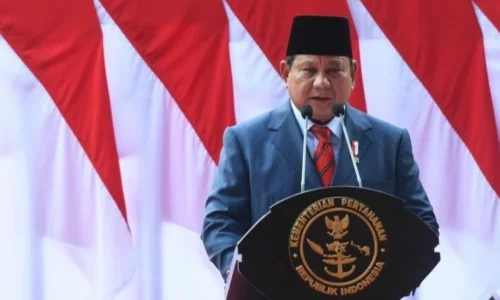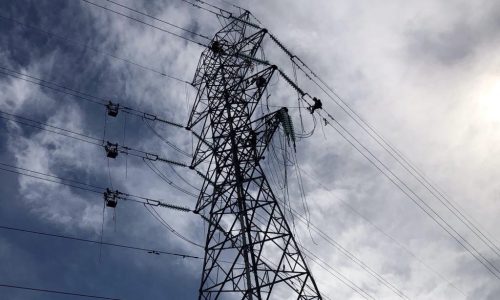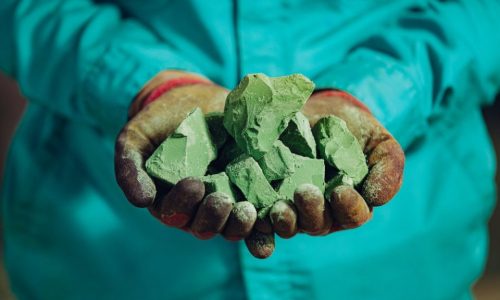State-owned electricity company PT PLN, through its subsidiary PT Pembangkitan Jawa Bali (PJB), successfully used palm kernel shell biomass as coal replacement (co-firing) at the 2×7 MW (MegaWatts) Tembilahan coal-fired power plant in Indragiri Hilir regency, Riau Province.
PLN CEO Darmawan Prasodjo said the first palm kernel shell combustion test took place on June 15, 2022, as a solution for clean energy in Indonesia. Co-firing was one of the company’s “Green Booster” programs, he said.
“100 percent biomass firing will ensure PLN’s consistency in developing clean energy for Indonesia. The success of this plant may encourage other coal-fired power plants to adopt co-firing technology,” he said in a press release on June 16, 2022.
PLN has continued to optimize the use of co-firing to achieve the 1.8 GigaWatt capacity. From the 52 locations targeted for the 2025 implementation phase, biomass co-firing has been implemented at 31 sites using over 175,000 tons of biomass. The project produced 185 GWh of clean energy and reduced CO2 emissions by 184 tons.
“The co-firing acceleration program shows PLN’s serious commitment in supporting the government’s goal to achieve carbon neutrality by 2060 by reducing carbon emissions,” Prasodjo said.
PJB Director Yossy Noval explained that the co-firing test at Tembilah coal-fired power plant was carried out gradually following the planned procedure. The first phase uses 25% of biomass in exchange for coal until 100 percent biomass is used.
Under the joint evaluation, the operational parameters are within the standard limit with a 7MW stable load, and no-load corresponds to 100% of the biomass. In contrast, data show that palm kernel shells have the potential for improving fuel flow and a significant percentage of NPHR (Net Plant Heat Rate) due to their high calorie content.
Regarding the environment, palm kernel shells have lower sulfur content compared to coal, thus reducing emissions. The leftover from plantation waste are found in ash, which are carbon neutral, and will be good for the environment.
As a pioneer in co-firing, PJB has applied the innovation in 14 coal-fired power plants across Indonesia. As of June 14, 2022, PJB has generated 100.28 GWh of green energy.
“We estimate a significant increase by the end of 2022 in green energy generated by co-firing. As a comparison, the total amount of green energy was 140.49 GWH in 2021,” Noval said.
Since January 2020, Indonesia has exported 120,000 metric tons of palm kernel shells annually to Japan for 15 years, according to Trade Ministry’s press statement.









